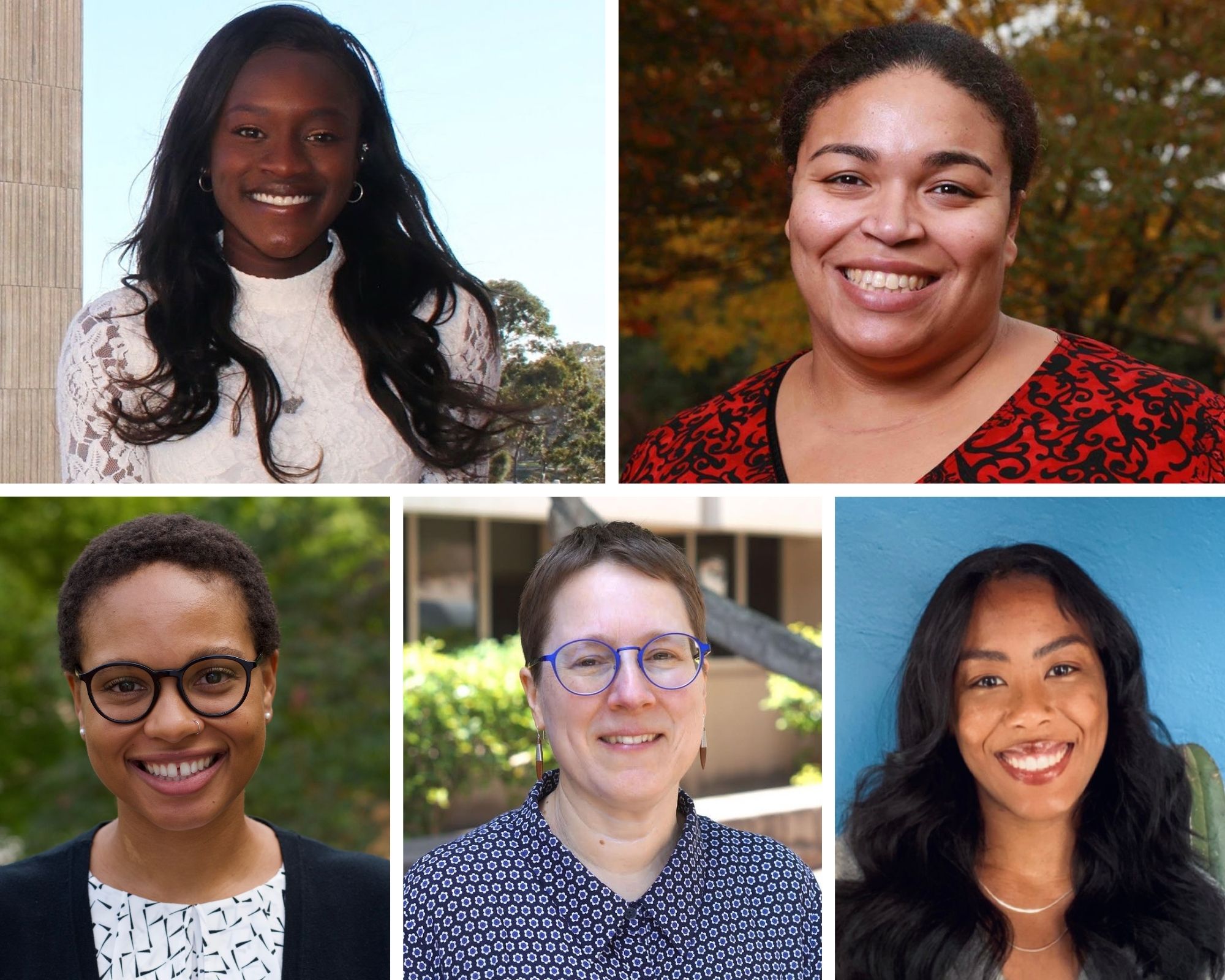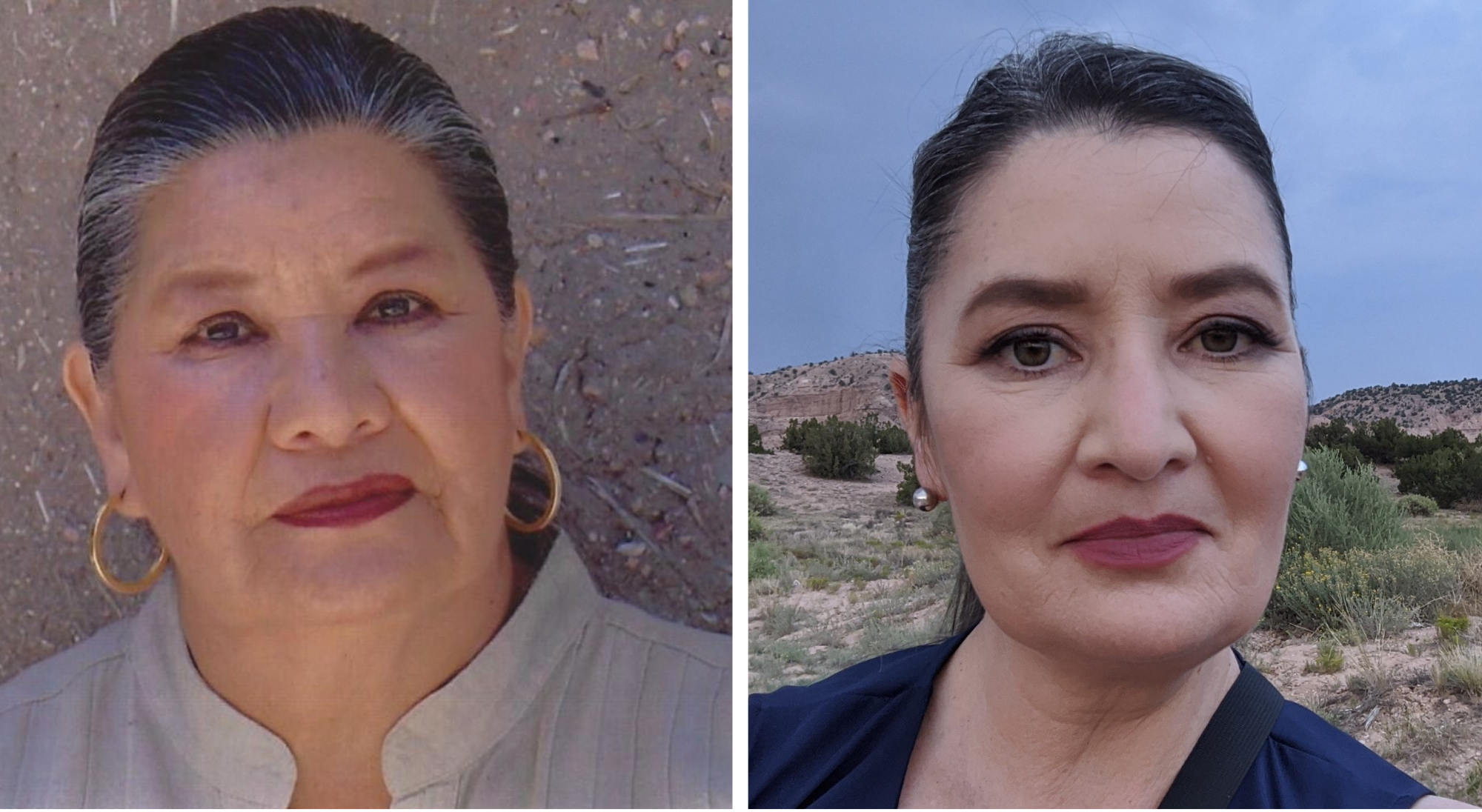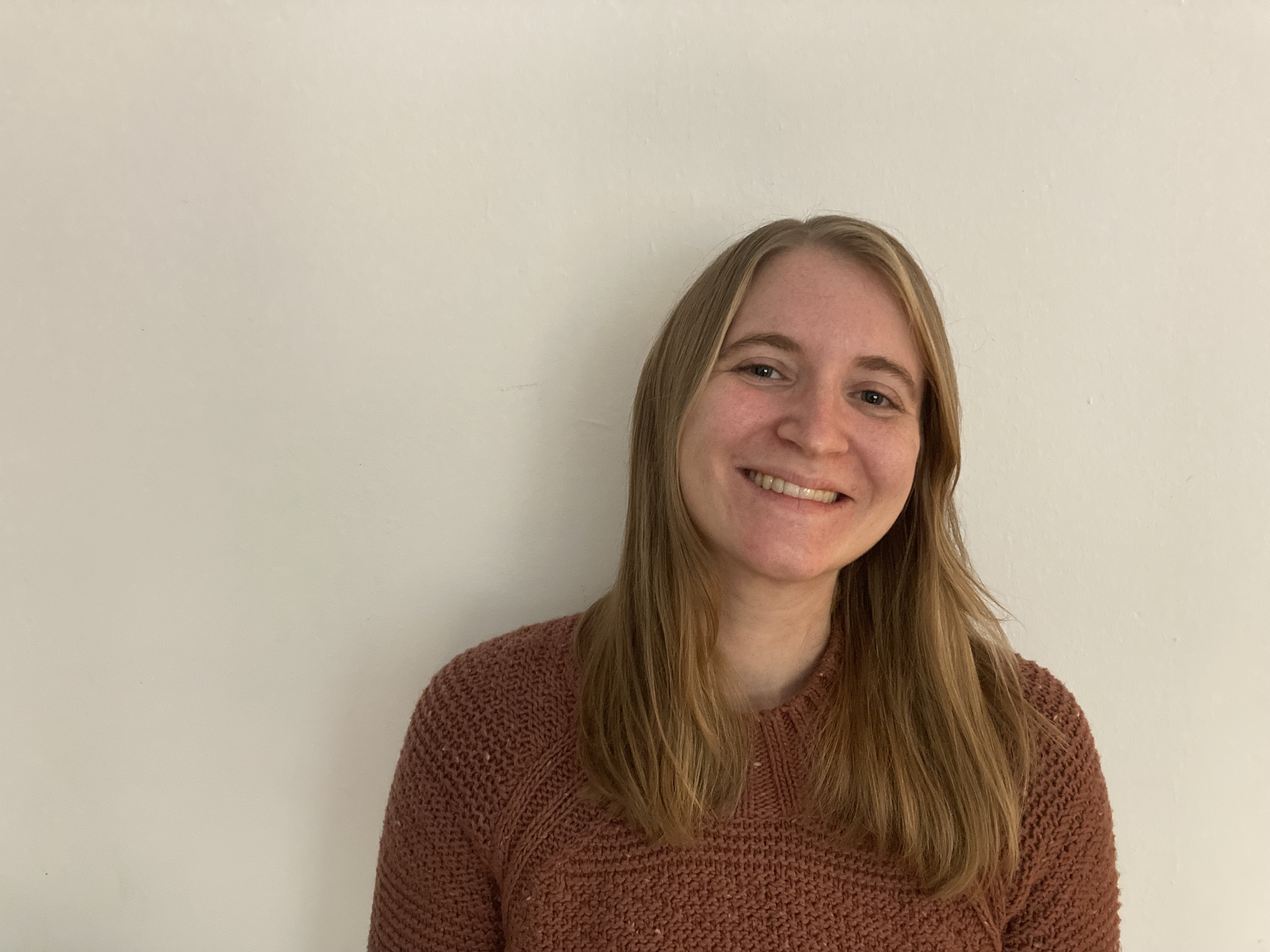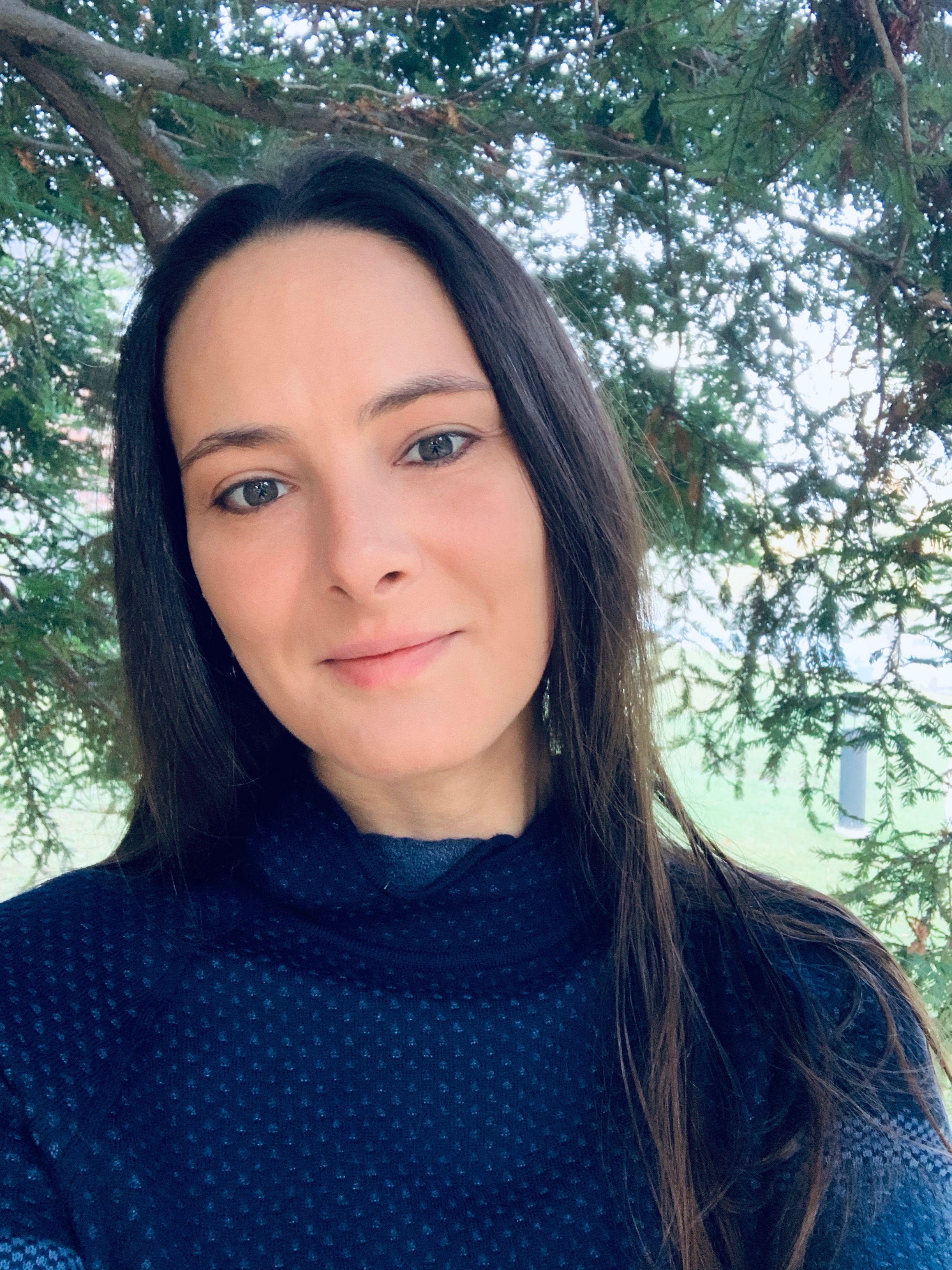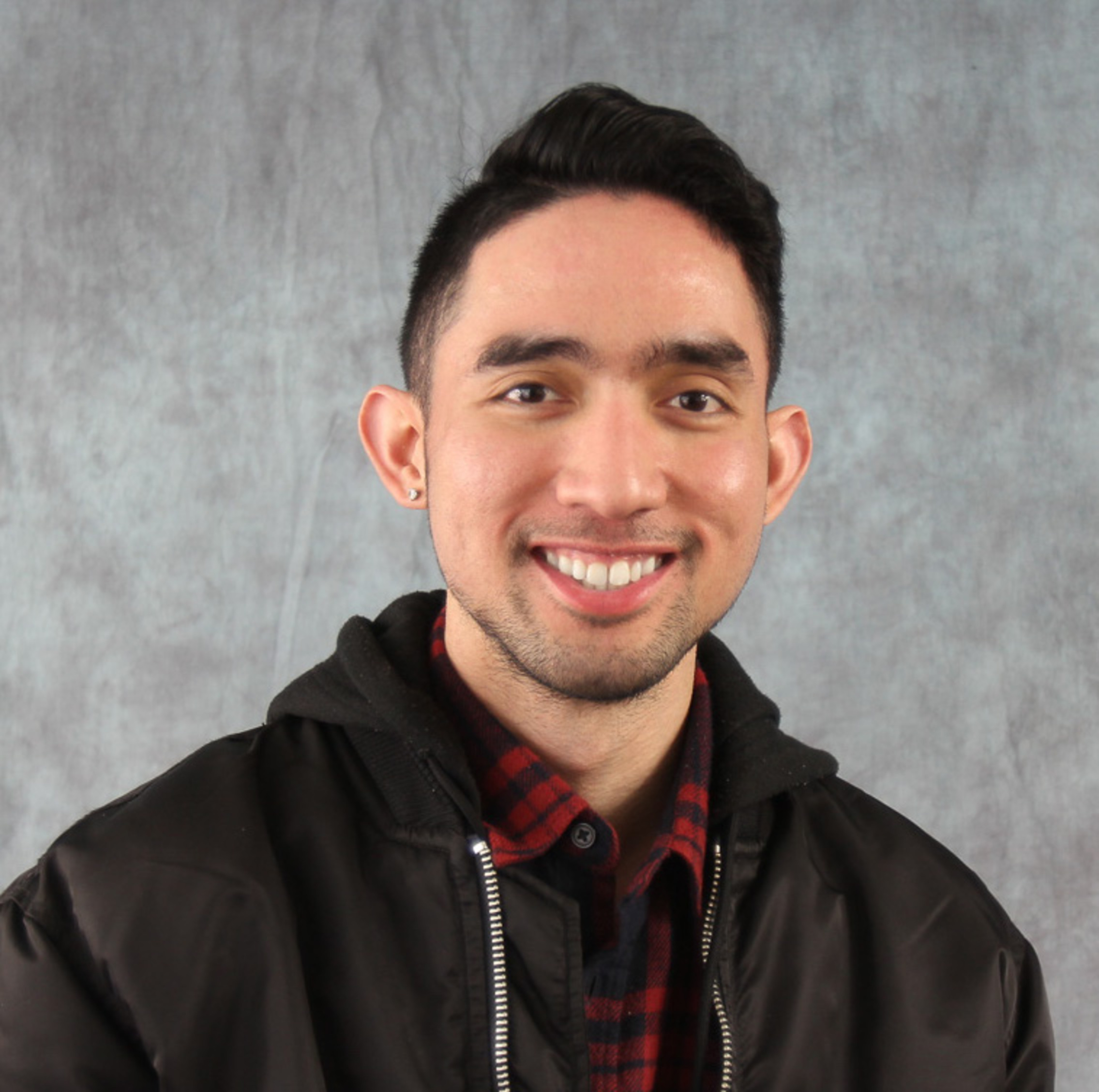LSA Announces Additional Awards for 2022
The LSA announces the winners of the Excellence in Community Linguistics Award and the Best Paper in Language Award, given for the best paper published in the LSA's flagship journal in the year of 2021. Below are the additional recipients of awards to be presented at the 2022 LSA Annual Meeting. The recipients are:
Best Paper in Language Award: “Attracting Black students to linguistics through a Black-centered Introduction to Linguistics course” (Kendra Calhoun, Anne Charity Hudley, Mary Bucholtz, Jazmine Exford, and Brittney Johnson)
The above paper has launched an essential conversation about how to structure inclusiveness into our curricula. This article is especially timely as inclusion of all kinds is a crucial issue facing linguistics now. Indeed, linguistics as a field can only benefit from the introspective consideration of instructional practices that the authors display through their innovative course design aimed at building diversity of audience and expanding the reach of linguistics instruction. The authors forefront the most in-depth actual recruitment strategies directed toward one of the least-represented groups in all of linguistics, thereby providing actionable information for the thriving of our discipline. Based on these considerations, the LANGUAGE editorial board and the LSA Awards Committee recognize this fine contribution as the winner of this year’s “Best Paper in LANGUAGE” award.
(From left: Brittney Johnson, Anne Charity Hudley, Kendra Calhoun, Mary Bucholtz, Jazmine Exford)
Read the paper itself here: Attracting Black students to linguistics through a Black-centered Introduction to Linguistics course
Excellence in Community Linguistics Award: Brenda McKenna and Cora McKenna
Brenda McKenna and Dr. Cora McKenna are members of Nambé Pueblo in New Mexico who have made outstanding contributions towards the documentation and revitalization of their language, Nambé Tewa. These contributions include a dictionary and curriculum materials, language classes, community activities and resources, and team-building with Pueblo members and UNM linguists. Cora is a scholar who has demonstrated particular brilliance in linguistic analysis and teaching of her native Tewa. Brenda is a remarkably focused and energetic project leader. Together, they define collaborative community linguistics: their dedication to the revitalization of Tewa language and culture is a model and inspiration.
Please join the LSA in congratulating the recipients of the Early Career Award, the Kenneth L. Hale Award, the Linguistic Service Award, the Linguistics, Language, and the Public Award, the Mentoring Award, the Fromkin Lifetime Service Awared, the Fromkin Student Excellence in Phonology Award, the Morris Halle Memorial Award, and more. The awards will be presented during a special ceremony at the LSA Annual Meeting on Saturday, January 8, 2022, in Washington, D.C. The recipients are:
 Kenneth L. Hale Award: Felicity Meakins (University of Queensland, Australia)
Kenneth L. Hale Award: Felicity Meakins (University of Queensland, Australia)
The Kenneth L. Hale Award, established in 2002, recognizes scholars who have done outstanding work on the documentation of a particular language or family of languages that is endangered or no longer spoken. Under the direction of First Nations communities, Felicity Meakins has worked for 20 years in northern Australia, leading teams of community members, students, postdocs, artists, musicologists and biologists to document Ngumpin-Yapa languages. Together with these collaborators, she has compiled 17 volumes of dictionaries, grammars, ethnobiologies, text collections and academic monographs. This work culminated in a field methods textbook in 2018. She has also written over 60 papers on language endangerment and change in Australia, in particular the development of new Australian languages, such as Gurindji Kriol. Meakins’ projects have dedicated over $US3.3M to the documentation of First Nation languages in Australia, with the aim of honouring these languages, recognising new ways of speaking by younger generations and providing First Nations communities with guiding principles for language revitalisation.

Early Career Award: Charles B. Chang (Boston University) and Amy Rose Deal (U.C. Berkeley)
The Early Career Award, established in 2010, recognizes scholars early in their career who have made outstanding contributions to the field of linguistics. Charles B. Chang is recognized "...for contributions to the understanding of bilingual sound systems and cross-linguistic interactions, phonetic drift, and language learning over the lifespan, and to fostering diversity and inclusion within linguistics". Amy Rose Deal established herself early on as a leader in the subfield of cross-linguistic semantics, and a gifted theoretician whose bold, methodologically innovative, and influential research straddles both syntax and semantics. Taking aim at the some of the deepest, most difficult questions, Deal articulates her proposals with a compelling, forcefully distinctive voice paralleled by few. Her groundbreaking work with Nez Perce, her careful and prodigious writing, her tightly-woven presentations, and her meticulous empirical contributions reflect a maturity and clarity expected of a researcher well beyond her early career stage, and serve as inspiration to junior and senior researchers alike. (from left: Charles B. Chang and Amy Rose Deal)

Linguistics, Language and the Public Award: Robert Bayley (U.C. Davis), Joseph Hill (Rochester Institute of Technology), Carolyn McCaskill and Ceil Lucas (Gallaudet University)
First presented in 1997, the Linguistics, Language, and the Public Award honors an individual or group for work that effectively increases public awareness and understanding of linguistics and language. The Black ASL Project is exemplary in increasing public awareness and understanding of linguistics and to sociohistorical factors contributing to BASL. The work effectively increases public awareness of language use in African American communities, and it inspires communities to work to continue to celebrate and maintain BASL. That work inspires movement from awareness to action—the kind of impact linguistics should have in communities all over the world! In a word, it is an excellent example of work by linguists that informs the public.
(From left: Joseph Hill, Ceil Lucas, Carolyn McCaskill, and Robert Bayley)

Mentoring Award: Richard Meier (University of Texas, Austin)
Instituted in 2019, this award recognizes the work of individuals who, or organizations that, have exhibited a sustained commitment to mentoring linguists. Professor Meier’s lifetime of outstanding mentoring has touched a wide range of people, including his senior and junior colleagues, his postdocs and his students, including his senior and junior colleagues, his postdocs and his students, many of whom have gone on to highly distinguished careers in linguistics. Throughout his four-decade career, Professor Meier has provided extraordinary service to the academic and the wider community, and has contributed significantly to making the field of Linguistics more inclusive and more relevant, especially through his work with signed languages and with members of the Deaf community.

Linguistic Service Award: Linguistics Beyond Academia Special Interest Group
First presented in 2007, this award honors members of the LSA who have performed distinguished service to the Society. Nancy Frishberg, Alexandra Johnston, Emily Pace, Susan Steele, and Laurel Sutton executed the first-ever career boot camp for linguists, providing extraordinary uncompensated service of over 1500 hours of labor to the LSA, its individual members, and the field of Linguistics. The 2021 Linguistics Career Launch was a 4-week, intensive, international conference with over 120 scheduled content hours that provided guidance, mentoring and professional development for linguists seeking careers in business, government, nonprofit and technical organizations. LCL21 addressed the employment gap for people with linguistics degrees and represented the largest gathering of “career linguists” to date. The LSA recognizes this accomplishment with gratitude and deep appreciation.
(From left: Susan Steele, Alexandra Johnston, Emily Pace, Laurel Sutton, and Nancy Frishberg)

Victoria A. Fromkin Lifetime Service Award: Joan Maling (Brandeis University)
First presented in 2001 as the "Victoria A. Fromkin Prize for Distinguished Service", this award recognizes individuals who have performed extraordinary service to the discipline and to the Society throughout their career. Dr. Joan Maling has served linguistics and the LSA well, including as a Fellow and Past President of the LSA. Her service includes editing Natural Language and Linguistic Theory, mentoring early career linguists, supporting endangered languages and expanding the kinds of public engagement that linguists do. Her work as a Program Officer at the National Science Foundation on behalf of the Linguistics and Documenting Endangered Languages Programs advanced the discipline by funding linguists at every career stage. She is an inspiring mentor who helps people do their best, a most worthy recipient of the Victoria A. Fromkin Lifetime Service Award.

Victoria A. Fromkin Memorial Prize for Student Excellence in Phonology: Casey Ferarra (University of Chicago)
First established in 2021, the Victoria Fromkin Memorial Prize for Student Excellence in Phonology will be used to defray expenses associated with participation in the LSA’s Annual Meeting. It is awarded for outstanding scholarship in phonology by a linguistics graduate student. Casey Ferrara's work on sign languages recognizes that meaning is encoded in form, and instead of stating that fact and then skirting around it to other matters, she hones in on it, indeed, revels in it -- bringing sign phonology into the waters of phonetics made murky by semantics. She shines lights through this world of strange creatures, like a scuba diver -- lights from mathematics, biomechanics, visual perception, cognitive and dynamic coordination -- allowing her to reveal the phonological patterns and help the field of sign phonology swim forward.
Morris Halle Memorial Award for Faculty Excellence in Phonology: Juliet Stanton (New York University)
First established in 2021, the Morris Halle Award for Faculty Excellence in Phonology will be used to defray expenses associated with participation in the LSA’s Annual Meeting. It is to be awarded for outstanding scholarship in phonology by an early career faculty member in linguistics. With this award, the LSA recognizes in Stanton’s research the linguistic spirit of Morris Halle: her work is fundamental and far-reaching, rigorous and comprehensive, deep and broad. She leads the field in redefining what it means to do Phonology. By combining analysis with experiments and computational modeling in the service of theory, she has reinvigorated the field of phonological typology. By exhausting the available data, she sets a new bar for empirical depth. All those that worked with Morris will be hearing in their heads his voice proclaiming, “You gotta read this paper by Juliet!” Congratulations on this well-deserved honor.
C.L. Baker Award: Vera Gribanova (Stanford University)
The C.L. Baker Award, also established in 2019, recognizes excellence in research in the area of syntactic theory on the part of a scholar who is at the mid-point of a distinguished career. Vera Gribanova has made lasting empirical and theoretical contributions in the central area of how the internal structure of words relates to principles of syntactic and semantic composition. Her research establishes important new connections among ellipsis, movement, and word formation, and draws conclusions which force us to rethink the division of labor across the components of grammar. Her work draws on a rich foundation of field and corpus-centered research on Russian and on Uzbek (a radically under-studied language), and deepens our understanding of both. Professor Gribanova has as a consequence emerged as a leading figure in Slavic and Turkic linguistics, while contributing to important theoretical advances in the field as a whole.
Elizabeth Dayton Award: Peter Torres (U.C. Davis)
First established in 2019, the Elizabeth Dayton Award is a travel award for graduate students pursuing a specialization in sociolinguistics to attend the LSA Annual Meeting. Peter studies the roles of various discourse features in written policies and their local enactments. His current work draws on prosodic- and corpus-based discourse analytic approaches to uncover the language policymakers use to address the opioid crisis and how physicians and patients discursively negotiate, reinterpret, and enact such policies in consultations. His research sheds light on policymakers' use of modality to reconfigure the interpretive spaces in which policy actors could act, physicians' use of face-work to mitigate the semantic weight that comes with enacting restrictive policies, and patients' use of register shifting to express chronic pain, narrate symptoms, and request opioids. At the 2022 Annual Meeting, he will present his work on patients' vocal features and their significance in policy implementation and efficacy of opioid care.

